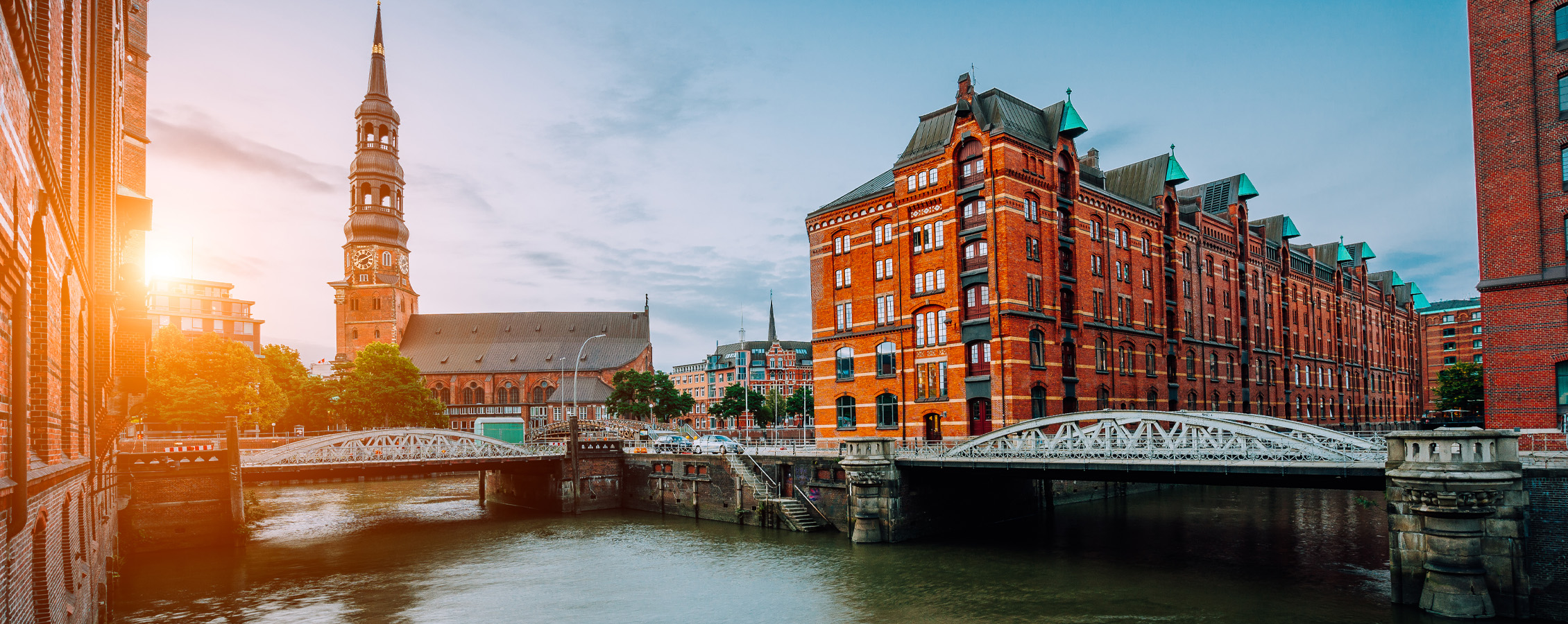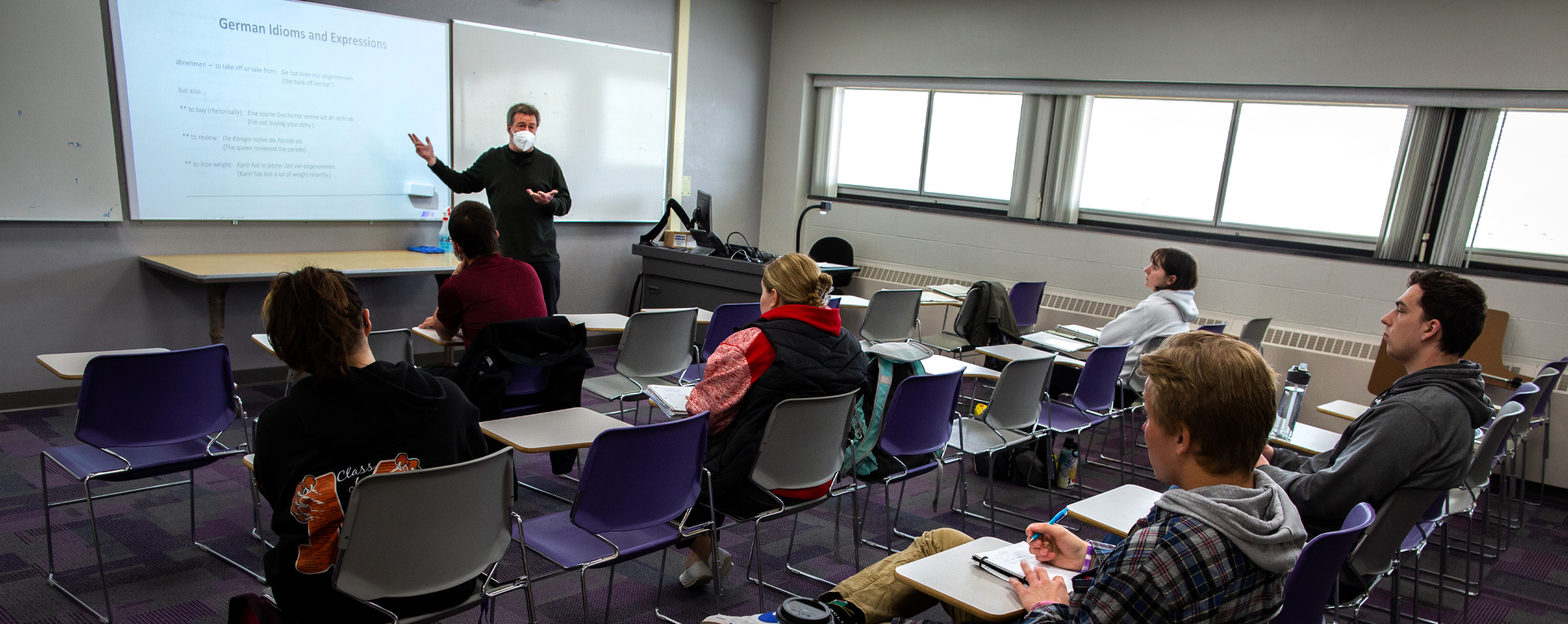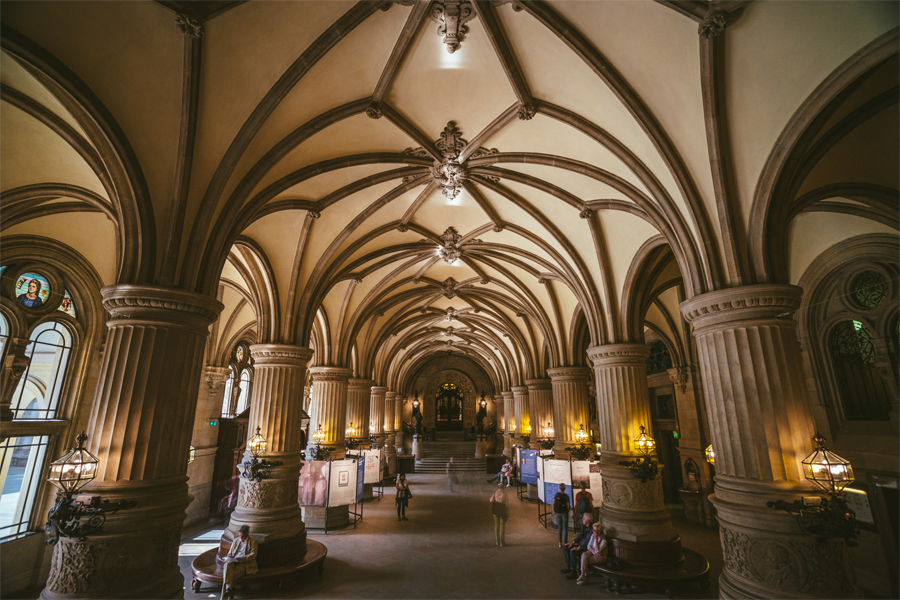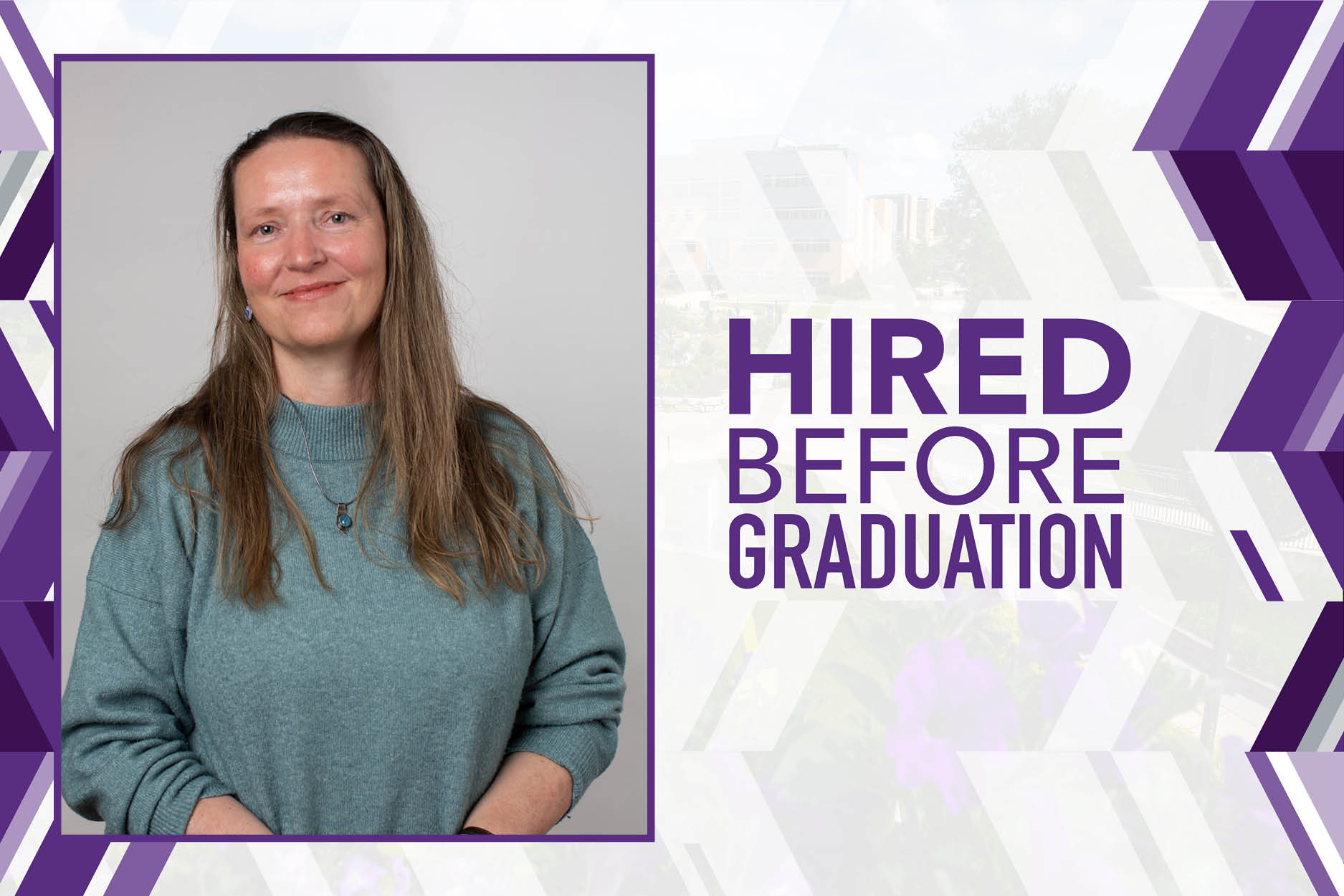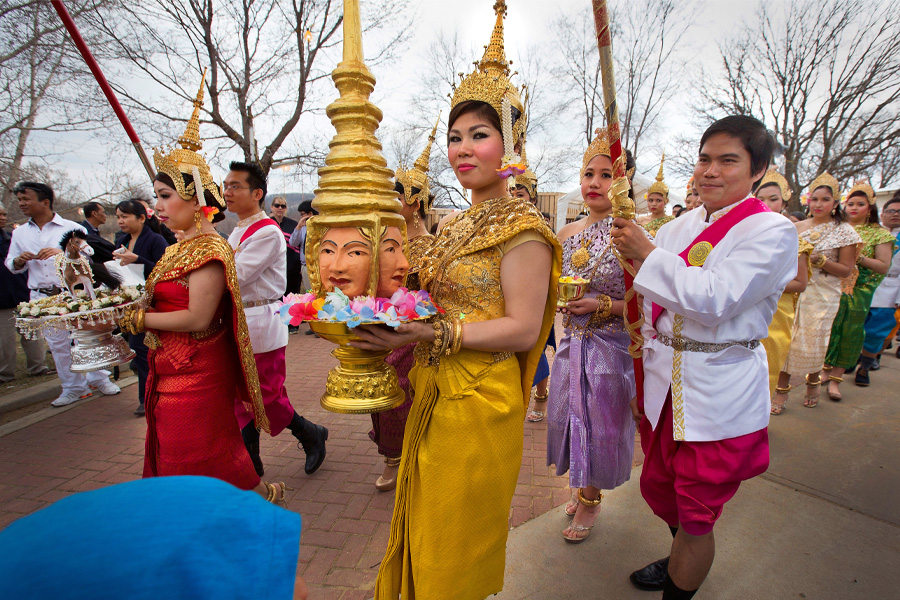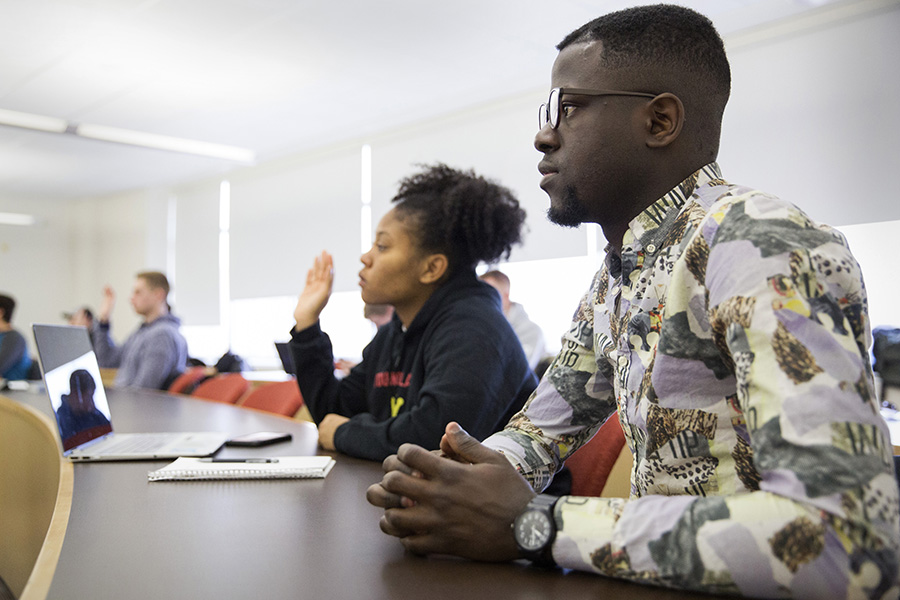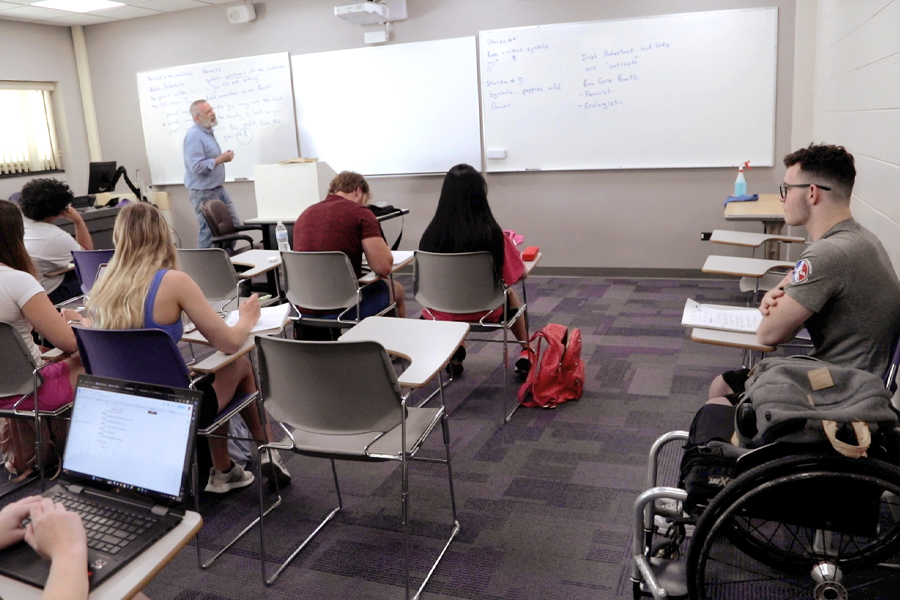GERMAN
Bachelor's Degree Programs
With 29 Nobel Prizes in chemistry, 24 in physics, 17 in physiology and medicine, and several more in peace, literature, and economics, it’s clear Germany has made a significant impact on the scientific and cultural worlds.
German, an official language in Austria, Belgium, Lichtenstein, Luxembourg and Switzerland, is the most widely used language in the European Union. Germany has one of the strongest economies in the EU and is home to recognizable brands.
A German-language degree can open doors at global organizations that do business in or with German-speaking countries. A German major or minor also paves the way for careers in teaching, translation, travel and tourism, and foreign service.
Over the next decade, the U.S. Bureau of Labor Statistics projects that employment opportunities will increase by 17% for international bank managers, 8% for postsecondary German teachers, and 2% for interpreters and translators.
The World Languages and Cultures programs at the University of Wisconsin-Whitewater help students develop into global citizens of the world in a unique, deep and transformative way.
CAN WE BRAG A LITTLE?
What our German students do
Study abroad and cultural immersion
One of the most effective ways to gain cultural competency and improve your conversational skills is to immerse yourself in a German-speaking environment. Among UW-Whitewater’s 50+ study abroad/study away options, you’ll find opportunities in these regions of Germany:
- Berlin
- Cologne
- Frankfurt
- Friedberg
- Mannheim
- Marburg
The Hessen-Wisconsin Exchange program, a partnership between the UW System and the German state of Hessen, offers year-long, semester and summer programs in a variety of subject areas including banking, finance, biotech ethics, renewable energy, intercultural communication, social work and economics.

UW-Whitewater offers a variety of other international experiences, including:
- International student teaching
- International service-learning
- Faculty-led travel studies
Campus and community involvement
You’ll find many student clubs and organizations that offer opportunities for German conversation or cultural interaction, including:
- German Club
- International Student Association
- Delta Phi Alpha (German Honor Society)
- Zeta Sigma Chi (a multicultural sorority)
What our graduates do
German jobs: What can you do with a German degree?
UW-Whitewater graduates can use the skills gained in their German language degree in a variety of industries, including:
- Education
- Biotechnology
- Law
- International business
- Governmental service
- Journalism and media
Many of our world languages majors also continue on to graduate school.
Our faculty
The diverse faculty and instructional academic staff members in UW-Whitewater’s World Language and Culture programs include:
- Respected scholars nationally and internationally
- Authors bestowed with international awards
- Distinguished alumni
- Instructors bestowed with teaching awards
Faculty members also represent many countries including Egypt, Japan, Colombia, Mexico and Spain.
Our German faculty members have been honored for excellence in teaching, service and preservation of German-American culture.
Want to learn more about earning a German degree?
262-472-1975 | wlc@uww.edu
UW-Whitewater’s World Languages and Cultures offerings include the following undergraduate German options:
- Bachelor of Arts — German | 4-year-plan [PDF]
- Bachelor of Science — German | 4-year plan (created individually with faculty)
Licensure:
Minors:
In addition to UW-Whitewater’s general education requirements, as a German major, you’ll take a variety of basic, intermediate and advanced language courses, as well as elective classes. Here’s an example of available electives:
- German Language and Culture Through Film
- German Civilization
- Readings in Modern German Literature
- German Conversation
Students pursuing German education will complete courses and teaching placements required for state certification.
An approved minor is also required to earn a bachelor’s degree in German.
To apply, you’ll complete the UW-Whitewater standard application for admission and indicate your interest in a German major.
If you studied German in high school, you’ll take a placement test to determine the appropriate level for your first UW-Whitewater course. Native/heritage speakers should speak to the program coordinator for placement information.

